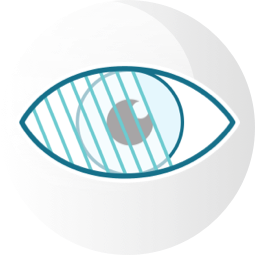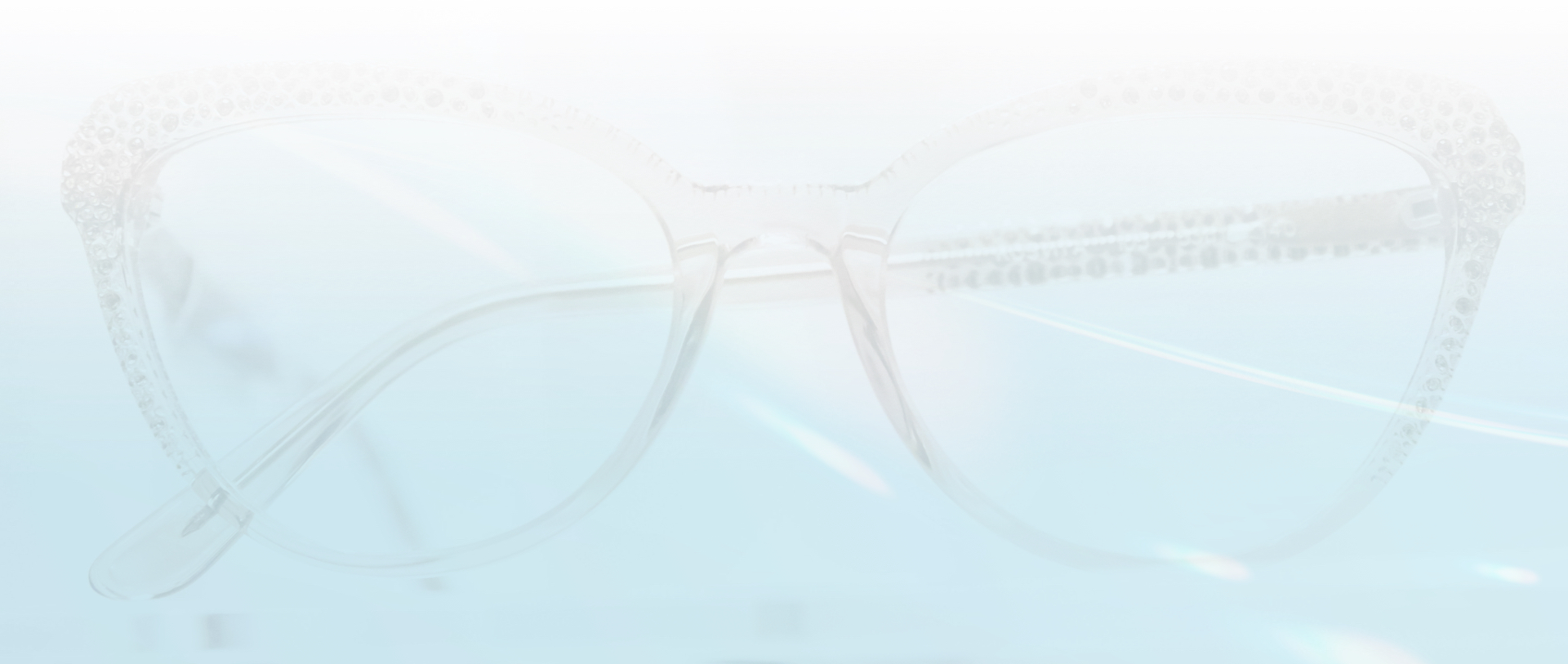A comprehensive eye exam is typically the first step in determining if LASIK is right for you. Your optometrist evaluates not just your prescription, but also your eye health, corneal thickness, and vision stability to verify whether LASIK can be safe and effective for your eyes.
During your eye exam, we may check for signs of dry eye, map your cornea, measure your pupil size, and screen for conditions like glaucoma or cataracts. We also might review your medical history to understand how factors like age, health conditions, or medications might affect your candidacy.
If LASIK isn’t the best fit, we can recommend alternative options like PRK or implantable lenses. Either way, your journey to clearer vision starts with that first comprehensive eye exam.
Typical Requirements for LASIK
Candidacy for LASIK involves several considerations designed to maximize your safety during the procedure and increase the likelihood of achieving your desired visual outcomes.
Eye Health Assessment
Your eyes must be healthy enough to undergo LASIK surgery. Conditions such as glaucoma, cataracts, severe dry eye syndrome, or active eye infections can disqualify you as a candidate. Additionally, previous eye injuries or diseases require careful evaluation to determine their impact on surgical safety.
Prescription Stability Requirements
Vision stability is important for LASIK success. Young adults often experience fluctuating prescriptions as their eyes continue developing, which can affect treatment results. Your prescription should remain stable with only minor changes for at least 12 months.
Corneal Thickness Evaluation
LASIK surgery reshapes your cornea to correct refractive errors, making adequate corneal thickness unnecessary. During the procedure, your surgeon removes a small amount of corneal tissue to improve how light focuses on your retina. Corneas that are too thin or irregularly shaped may not have sufficient tissue for safe surgery.
Age & Overall Health Considerations
Candidates for LASIK should have good general health. Certain medical conditions, including autoimmune diseases, uncontrolled diabetes, or pregnancy, can affect healing and surgical results. We will review your medical history to identify any factors that might impact your candidacy.
Vision Prescription Parameters
LASIK can correct a wide range of refractive errors, but your exact prescription plays a role in whether it’s the right fit. In general, candidates should fall within these parameters:
- Nearsightedness: up to -12.00 diopters
- Farsightedness: up to +6.00 diopters
- Astigmatism: up to 6.00 diopters
Prescriptions beyond these ranges may reduce the likelihood of achieving ideal results. If that’s the case for you, we can recommend other vision correction options better suited to your needs and goals.
How You Eye Exam Determines LASIK Candidacy
A comprehensive eye exam provides the foundation for LASIK eligibility assessment. During this process, we conduct multiple tests to determine whether LASIK is appropriate for your situation. Here are some tests that may happen during an exam:
- Medical history review: Your examination likely begins with a detailed discussion of your health history, current medications, and any recent vision changes
- Eye pressure testing (tonometry): The tonometry test measures your eye’s internal pressure (IOP) using a gentle air puff or specialized instrument.
- Vision evaluation: Your optometrist conducts detailed visual acuity and refraction tests to determine your exact prescription strength.
- Corneal mapping & thickness analysis: Corneal topography testing creates a detailed map of your cornea’s shape, curvature, and thickness.
- Pupil size assessment: We may measure your pupil size in different lighting conditions.
- Tear film evaluation: A healthy tear film is important for clear vision and smooth recovery after LASIK.
- Eye dominance testing: This testing helps determine which eye naturally takes the lead in processing visual information.
Post-LASIK Care & Why It’s Important
A common misconception about LASIK is that it eliminates the need for ongoing eye care. While the procedure can reduce or eliminate your dependence on glasses or contact lenses, regular eye exams remain important for maintaining long-term eye health.
Monitoring Vision & Eye Health
LASIK corrects refractive errors, but doesn’t prevent age-related eye conditions or diseases. Regular examinations allow us to monitor both your vision stability and overall eye health long after surgery.
Many eye diseases, including glaucoma, cataracts, and retinal conditions, develop gradually without noticeable symptoms. Early detection through routine exams helps get these conditions treated when they’re most manageable.
Detecting Changes Early
Even patients with successful post-LASIK vision need regular monitoring. Regular exams can identify subtle changes in your vision or eye health that might require attention, helping you maintain visual function throughout your life.
Comprehensive Health Screening
Eye exams can reveal signs of systemic health conditions like diabetes, high blood pressure, or autoimmune diseases. These screenings provide valuable insights into your overall health and help coordinate care with your other healthcare providers.
Your Path to Clearer Vision Starts Here
LASIK surgery offers life-changing benefits for appropriate candidates, but determining your eligibility requires careful evaluation by an experienced eye care professional. A comprehensive assessment protects your vision while improving your chances of achieving a good result.
Don’t wait to explore your options for vision correction. Schedule your comprehensive eye exam with McCauley Celin Eyecare Associates today to discover whether LASIK can help you achieve the clear, confident vision you deserve.














